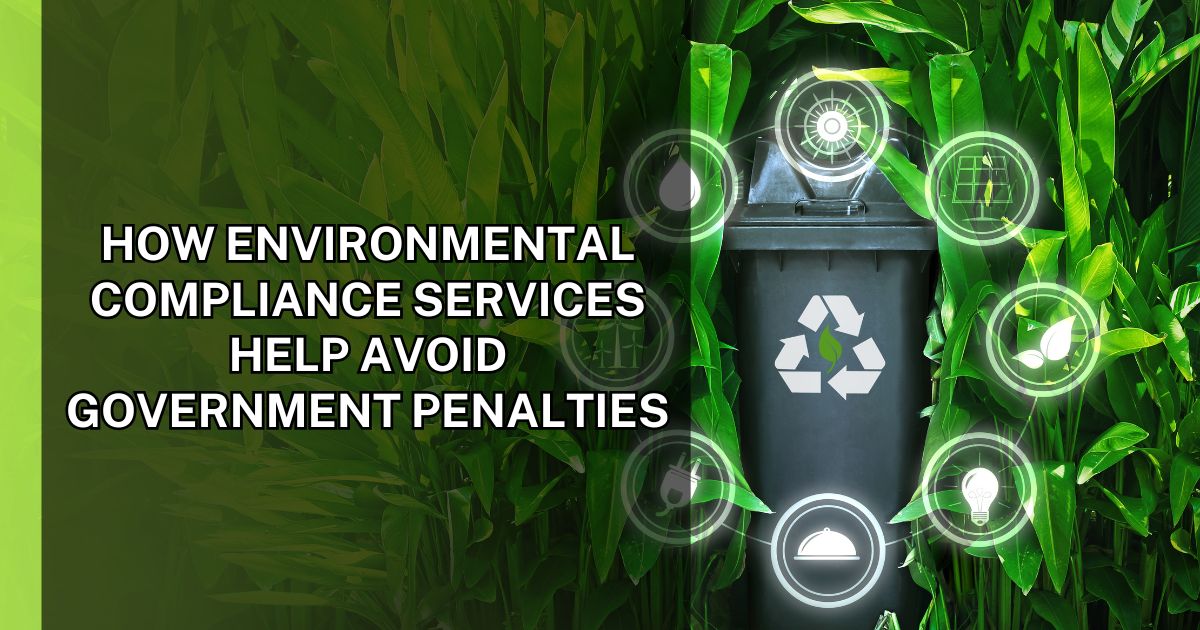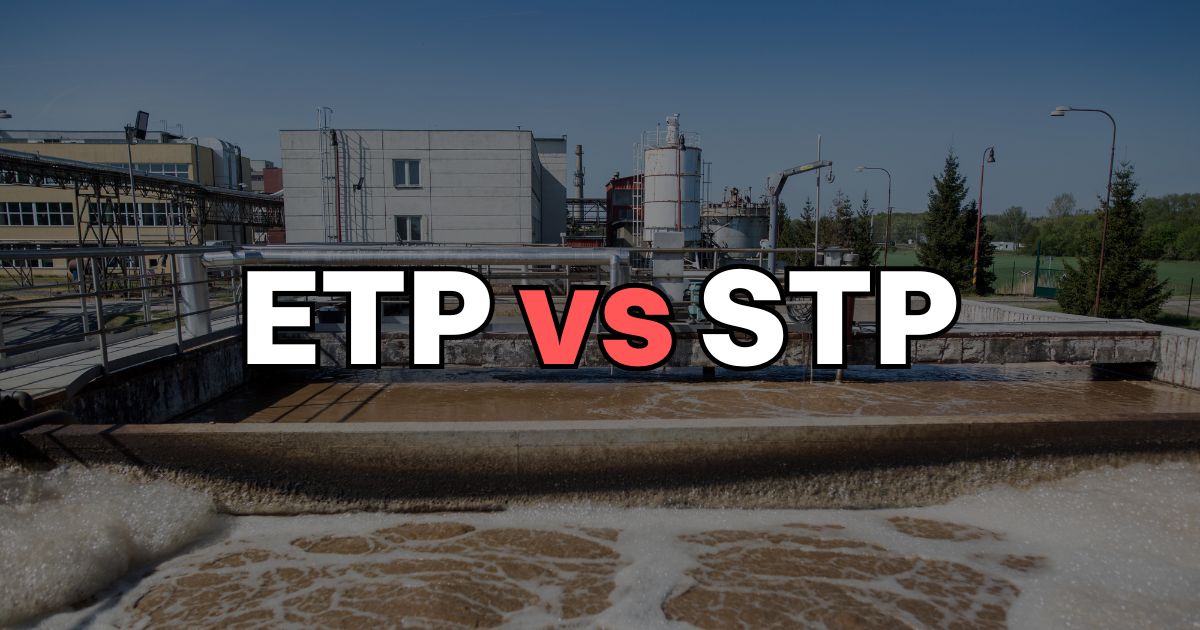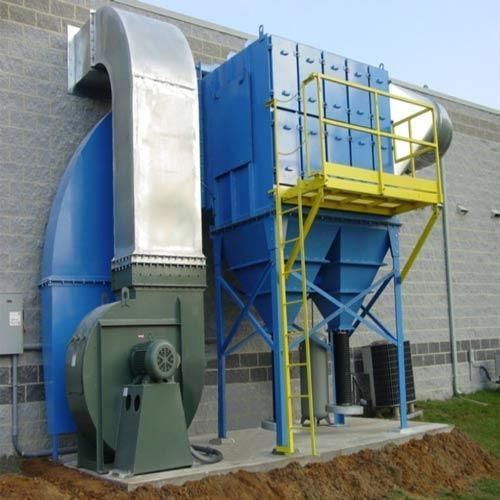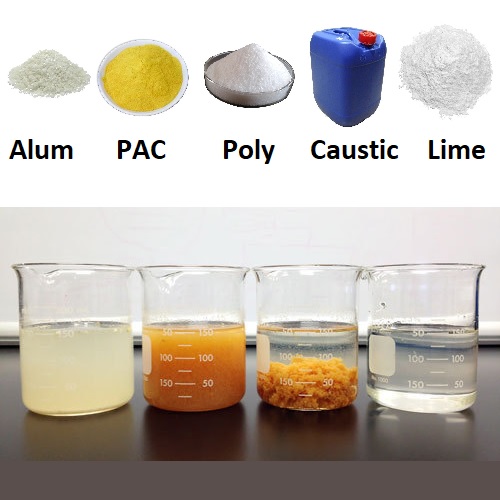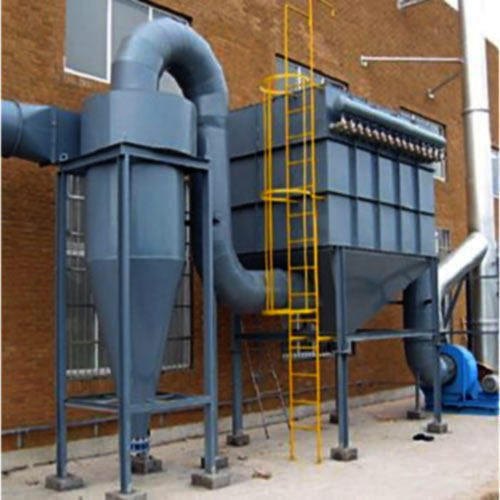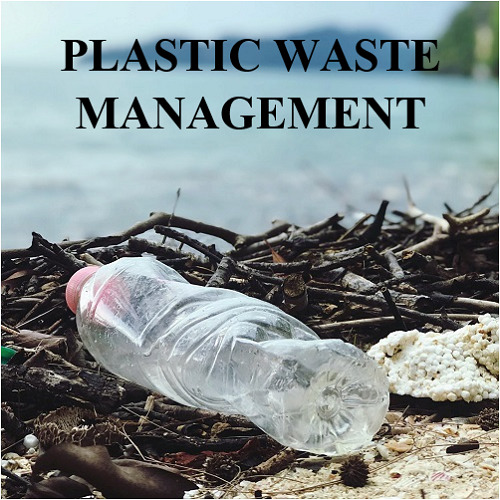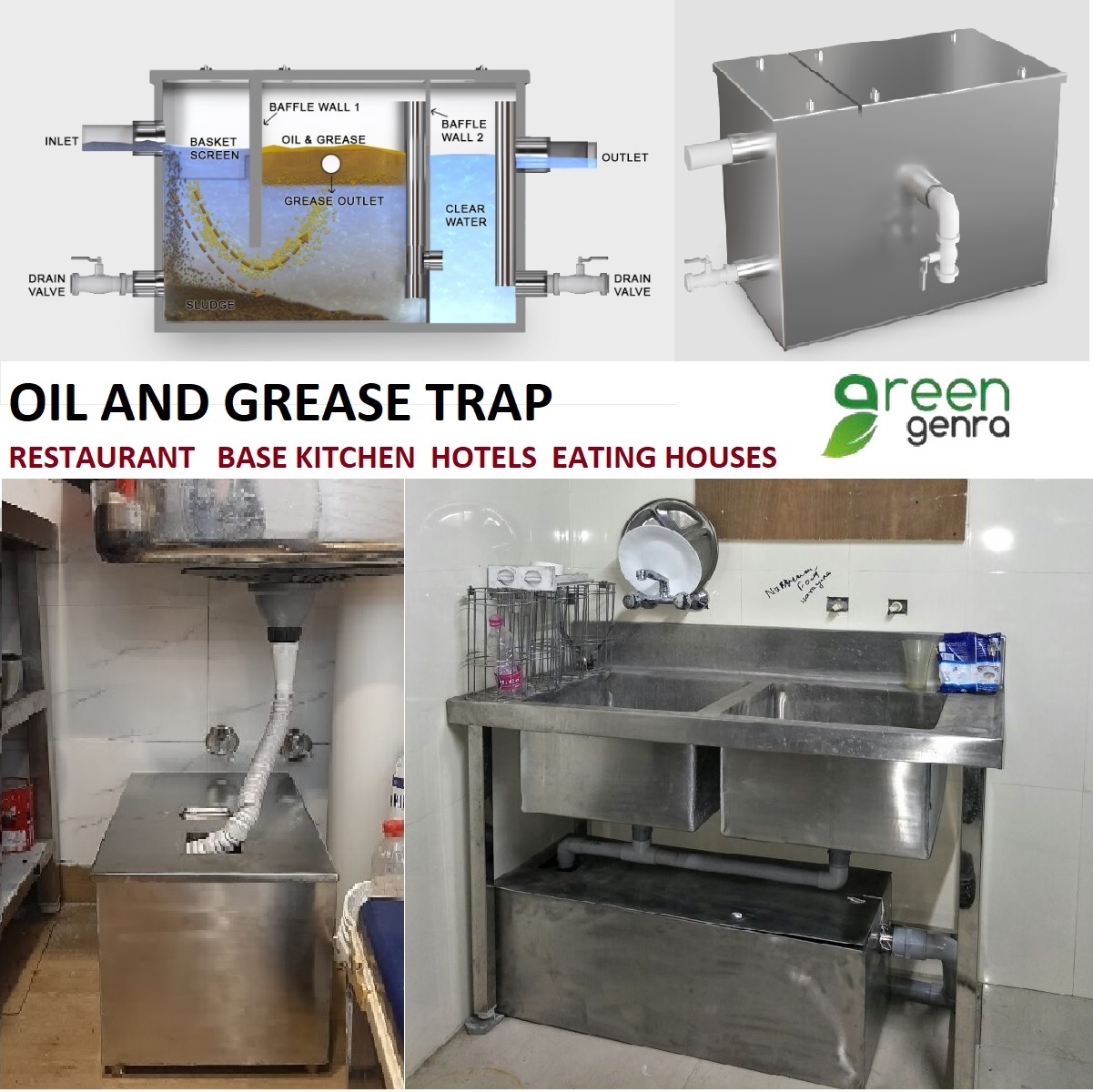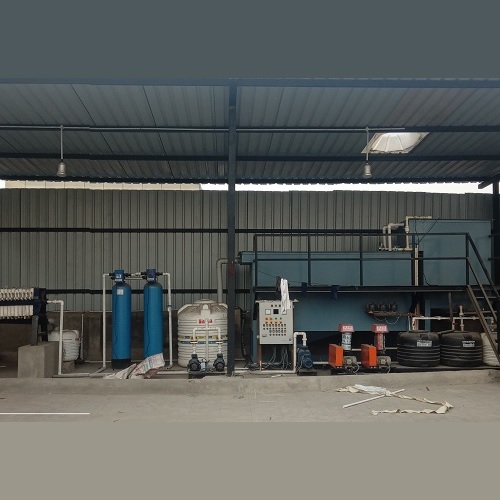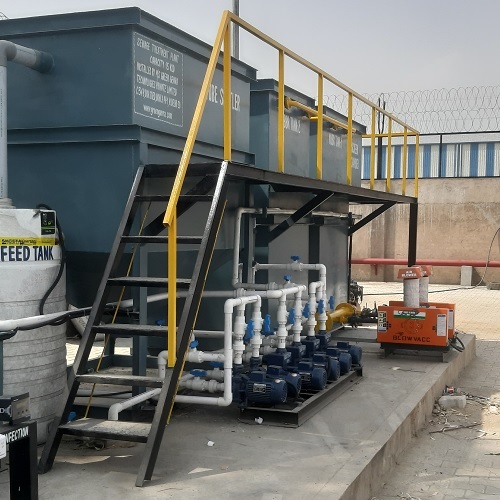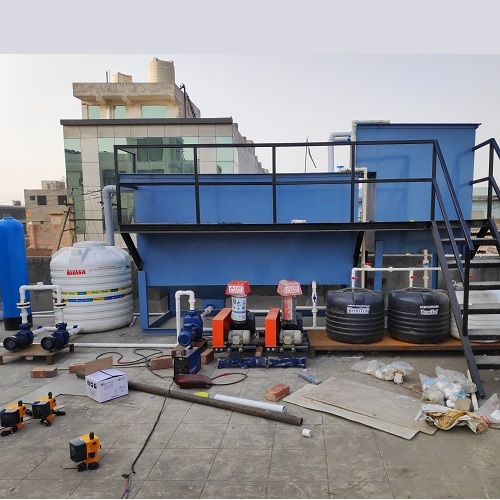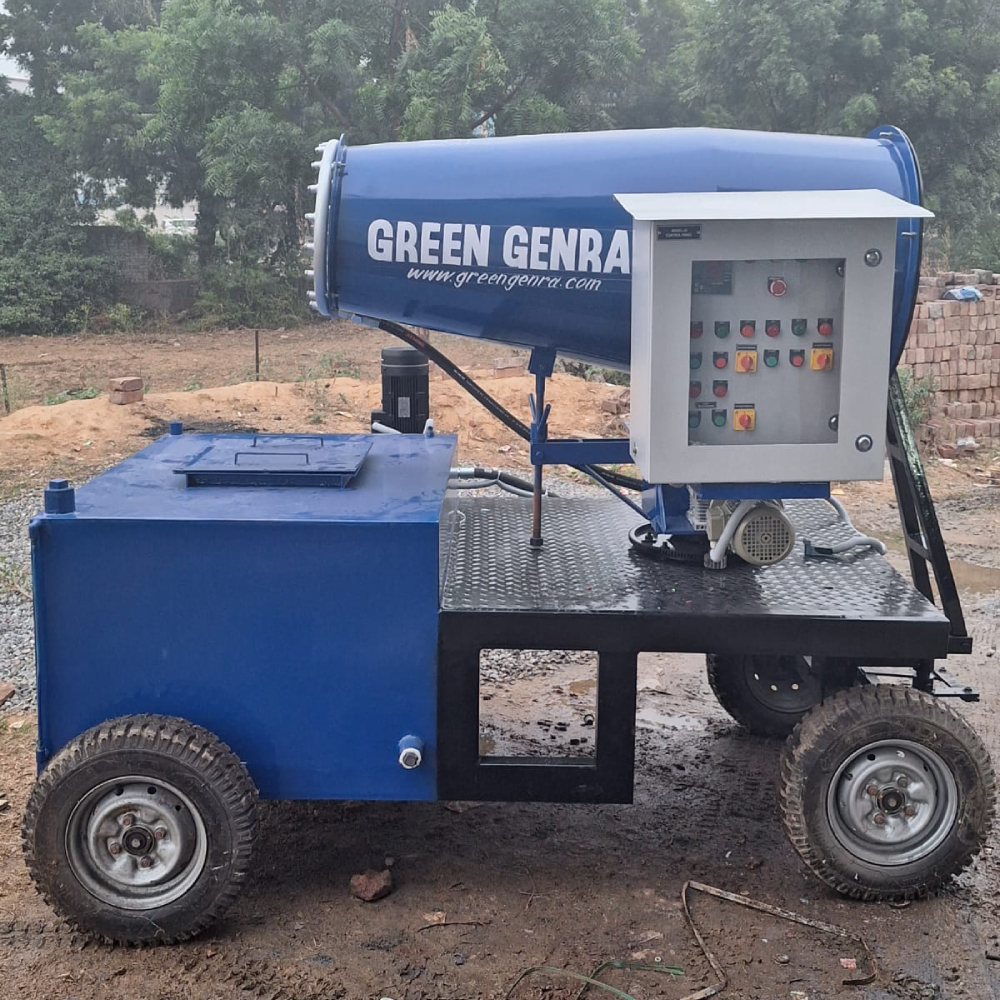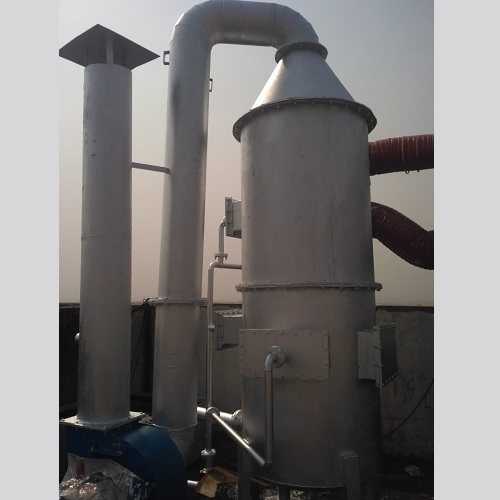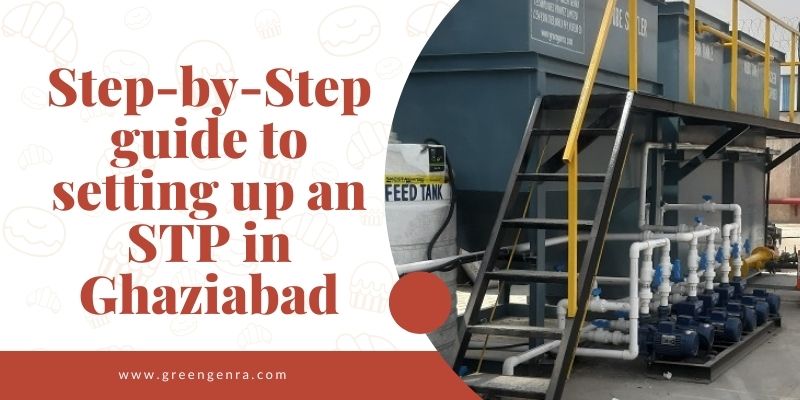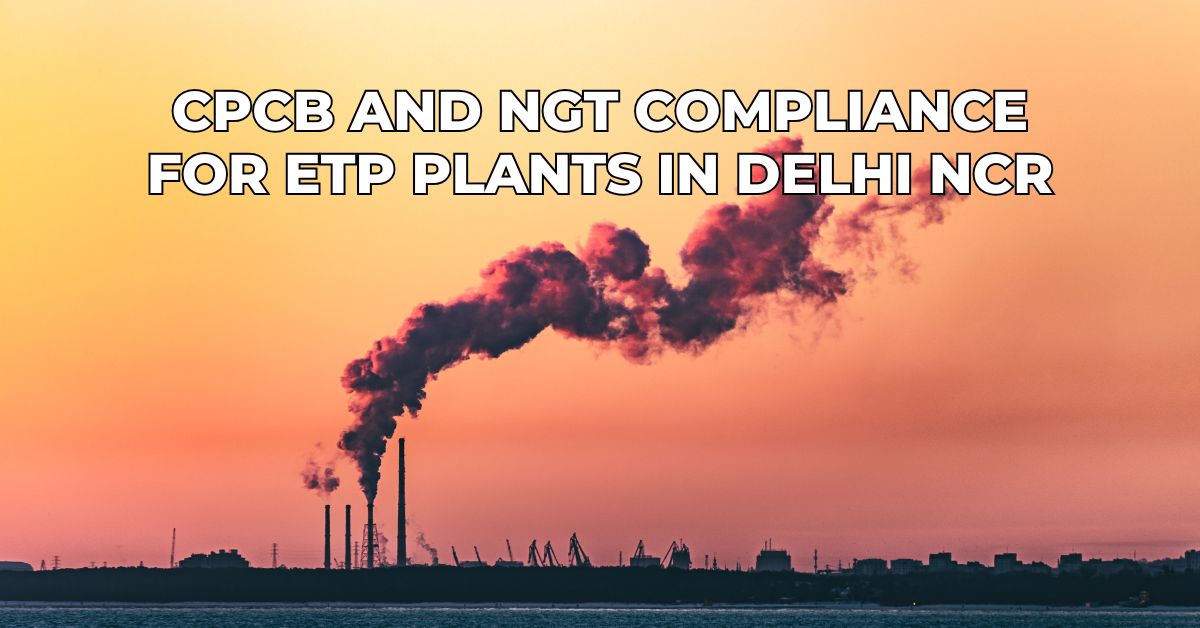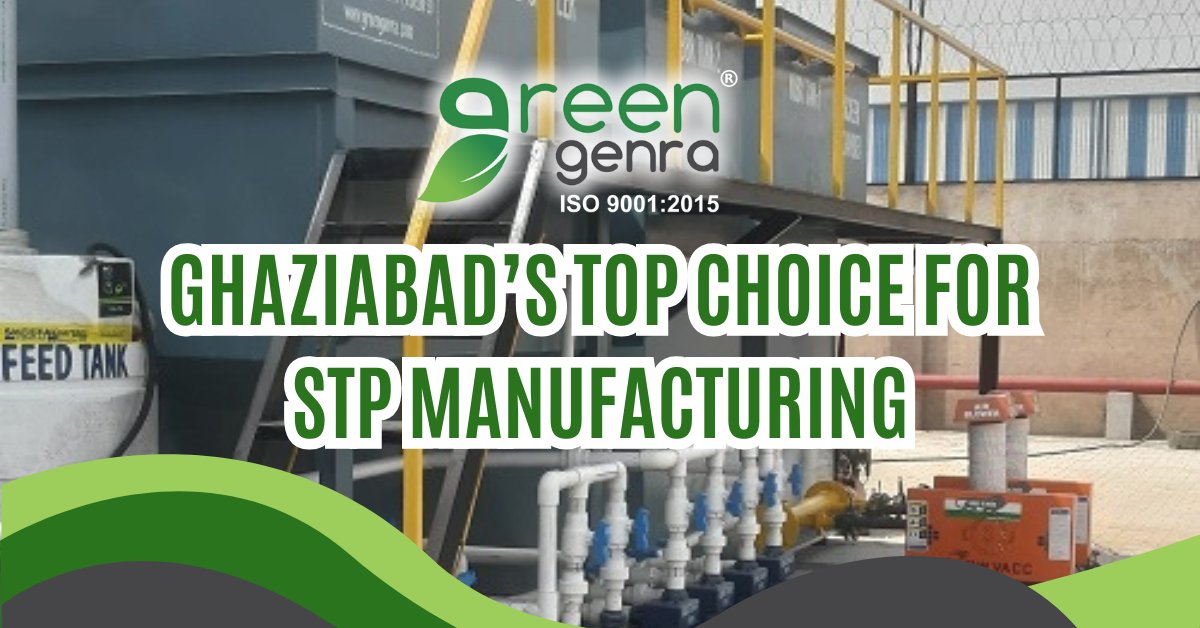Water Expo 2025 in New Delhi 28-30 August 2025 | Pragati Maidan, New Delhi India 20th Everything About Water Expo 2025 ...
What are the EPR categories of plastics?
EPR registration for plastic waste management or the Extended Producers Responsibility aims to ensure that the producers are responsible for the management of products after they are no longer useful to the customers.
The registration is mandatory for PIBOs with the Central and State Pollution Control Boards as per their scope of operations.
Who will register for EPR registration certificate on EPR portal?
- Producer
- Importer
- Brand owner
- Plastic waste processor engaged in recycling, waste to energy, waste to oil and industry composting.
Who needs EPR registration for plastic management?
- Every producer, brand owner, recycler, and manufacturer of plastic has to obtain a registration from the State pollution control board or Pollution Control Committee of the Union Territory.
- Every waste generator, local body, Gram Panchayat, Manufacturer, Importer and producer of plastic materials.
What are the benefits of EPR registration for plastic waste management?
- Environment protection: Extended producer responsibility requires the manufacturers to take ownership in the every lifecycle of product, especially with respect to recycling to packaging to minimize the carbon footprint on the environment.
- Improved waste management ways: EPR registration for plastic waste management support businesses in making informed decisions about waste collection, management, recycling and disposal. This way they can strengthen their management approach making it more effective.
- Improved market reputation: EPR registration improves good will and reputation of organizations. The license proves the dedication of the businesses to minimize waste produced by its goods and resource consumption.
EPR categories of plastics include-
- Packaging made of rigid plastics
- Carry bags, sachets, pouches, and single-layer or multi layer flexible plastic packaging which is more than one layer with various types of plastic, plastic sheets or similar covers made of plastic sheets.
- Container made of plastic layers at least one layer of plastic and at least one layer of material other than plastic.
- Plastic sheets used for packaging as well as compostable plastic carry bags.
What is the responsibility of plastic waste management certificate?
- Recycling
- Use of recycled materials
- Reuse
- End-of-life disposal
- Optional participation in plastics collection and recovery
- File yearly returns
- Present certification proof
How to apply for plastic waste management authorization/license
- Apply online/offline for plastic waste management registration
- Attach the required documents
- Submit the form to the concerned authorities
- Liaison with the concerned departments
If the concerned government officials find the application and documents satisfied, they will issues the certificate. EPR registration for plastic management is a critical step for companies to comply with the regulations concerning the plastic management. Through EPR, governments aim to shift the burden of plastic waste management to those who produce and profit from plastic products.
FAQs
1. What is EPR for plastic waste management?
EPR for plastic waste management is a policy approach requiring producers to take responsibility for the collection, recycling, or disposal of plastic products after consumer use.
2. What is the benefit of EPR for plastic waste management?
EPR for plastic waste management incentivizes sustainable product design and minimize environmental pollution by making producers responsible for the lifecycle of their plastic products.
3. Who requires EPR certificate?
Producers, importers and brand owners are required to get EPR registration for their businesses.
4. What is the objective of EPR registration?
The aim of EPR is to create a sustainable and eco-friendly development model in India.



































































Understanding Grease Traps: What are they, and why are they essential? Grease Traps, also known as grease interceptors, ar...
As India tackles pollution, waste management and climate change, the environmental regulations are becoming increasingly stri...
Are you planning to install ETP (Effluent Treatment Plant) or STP (Sewage Treatment Plant) in India? If so, understand the di...
Ghaziabad has witnessed an increase in several industries in the past few years. The continuously rising population and a gro...
Effluent Treatment Plant (ETP) from reliable ETP Plant Manufacturers play a key role in reducing industrial pollution by trea...
With the increasing levels of water contamination in Ghaziabad because of growing industries and a growing population, wastew...
Understanding Grease Traps: What are they, and why are they essential? Grease Traps, also known as grease interceptors, ar...
As India tackles pollution, waste management and climate change, the environmental regulations are becoming increasingly stri...
Are you planning to install ETP (Effluent Treatment Plant) or STP (Sewage Treatment Plant) in India? If so, understand the di...
Ghaziabad has witnessed an increase in several industries in the past few years. The continuously rising population and a gro...
Effluent Treatment Plant (ETP) from reliable ETP Plant Manufacturers play a key role in reducing industrial pollution by trea...
With the increasing levels of water contamination in Ghaziabad because of growing industries and a growing population, wastew...
Understanding Grease Traps: What are they, and why are they essential? Grease Traps, also known as grease interceptors, ar...
As India tackles pollution, waste management and climate change, the environmental regulations are becoming increasingly stri...
Are you planning to install ETP (Effluent Treatment Plant) or STP (Sewage Treatment Plant) in India? If so, understand the di...
Ghaziabad has witnessed an increase in several industries in the past few years. The continuously rising population and a gro...
Effluent Treatment Plant (ETP) from reliable ETP Plant Manufacturers play a key role in reducing industrial pollution by trea...
With the increasing levels of water contamination in Ghaziabad because of growing industries and a growing population, wastew...
Water Expo 2025 in New Delhi
Water Expo 2025 in New Delhi 28-30 August 2025 | Pragati Maidan, New Delhi India 20th Everything About Water Expo 2025 ...
Water Expo 2025 in New Delhi
Water Expo 2025 in New Delhi 28-30 August 2025 | Pragati Maidan, New Delhi India 20th Everything About Water Expo 2025 ...
Water Expo 2025 in New Delhi
Water Expo 2025 in New Delhi 28-30 August 2025 | Pragati Maidan, New Delhi India 20th Everything About Water Expo 2025 ...
Water Expo 2025 in New Delhi
Water Expo 2025 in New Delhi 28-30 August 2025 | Pragati Maidan, New Delhi India 20th Everything About Water Expo 2025 ...


